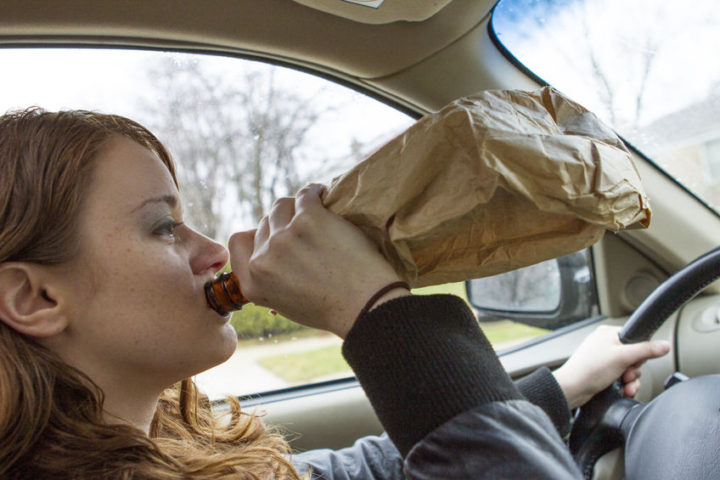
Many wonder if it’s possible to challenge breathalyzer and field sobriety tests in Tulsa. If you’ve been charged with DUI in Tulsa, you may feel like the evidence against you, especially from a breathalyzer or field sobriety test. But these tests are not infallible. In fact, many DUI cases hinge on the accuracy and legality of such tests. Knowing how to challenge the results of breathalyzer and field sobriety tests could be key to your defense and potentially avoid a conviction.
Understanding DUI Testing in Tulsa
When law enforcement in Tulsa suspects a driver of being under the influence of alcohol or drugs, they often rely on two primary tools to gather evidence: field sobriety tests (FSTs) and breathalyzer tests. These tests are useful to establish probable cause for arrest and to support DUI charges in court. However, both are subject to error, misapplication, and legal challenges.
Challenging Field Sobriety Tests (FSTs)
Field Sobriety Tests are physical and cognitive exercises officers use during a traffic stop to assess a driver’s impairment. The most common FSTs include:
- Horizontal Gaze Nystagmus (HGN) test
- Walk-and-Turn test
- One-Leg Stand test
Grounds to Challenge FSTs:
- Improper Administration: Officers must follow strict guidelines established by the National Highway Traffic Safety Administration (NHTSA). If the officer deviated from these procedures, the test results may be unreliable.
- Medical Conditions: Certain physical or neurological conditions, such as inner ear disorders, injuries, or anxiety, can cause poor performance unrelated to alcohol impairment.
- Environmental Factors: Poor lighting, uneven pavement, weather conditions, or distracting traffic may impact test results.
- Officer Bias or Subjectivity: Field sobriety tests rely heavily on the officer’s judgment. Any bias or lack of training can lead to misinterpretation of your performance.
By raising doubts about the reliability of FSTs, your attorney can argue that the officer lacked probable cause to arrest you for DUI.
Challenging Breathalyzer Test Results
Breathalyzer tests estimate your blood alcohol content (BAC) by analyzing a breath sample. In Oklahoma, a BAC of 0.08% or higher typically results in a DUI charge. But breathalyzer results are not always accurate.
Ways to Challenge Breathalyzer Results:
- Calibration and Maintenance Issues: Breathalyzer devices require regular maintenance and calibration to ensure accurate readings. Failure to follow maintenance schedules can lead to faulty results.
- Improper Administration: Officers must follow specific procedures when administering breath tests, including observing the suspect for at least 15 minutes to ensure no eating, drinking, vomiting, or burping has occurred. Violations of these rules can taint the results.
- Medical Conditions or Substances: Conditions like GERD (acid reflux), diabetes, or certain medications can affect breath test readings. Mouth alcohol from recent use of mouthwash or alcohol-based products can also skew results.
Legal Strategies to Suppress Test Evidence
An experienced DUI defense attorney in Tulsa can file a motion to suppress evidence obtained through improper testing. If the court finds flaws in the breathalyzer or field sobriety tests, it may exclude the results from the trial, weakening the prosecution’s case.
Additionally, if your constitutional rights were violated, such as being stopped without reasonable suspicion or arrested without probable cause, any evidence obtained afterward may also be thrown out.
Tulsa Criminal and DUI Lawyers
Breathalyzer and field sobriety tests are often treated as conclusive, but they are not beyond challenge. In Tulsa DUI cases, scrutinizing how these tests were conducted can make the difference between a conviction and a dismissal. If you’re facing DUI charges, call our team at Tulsa Criminal Lawyers Law Firm at (918) 416-0358 or contact us online for a consultation with an attorney.
